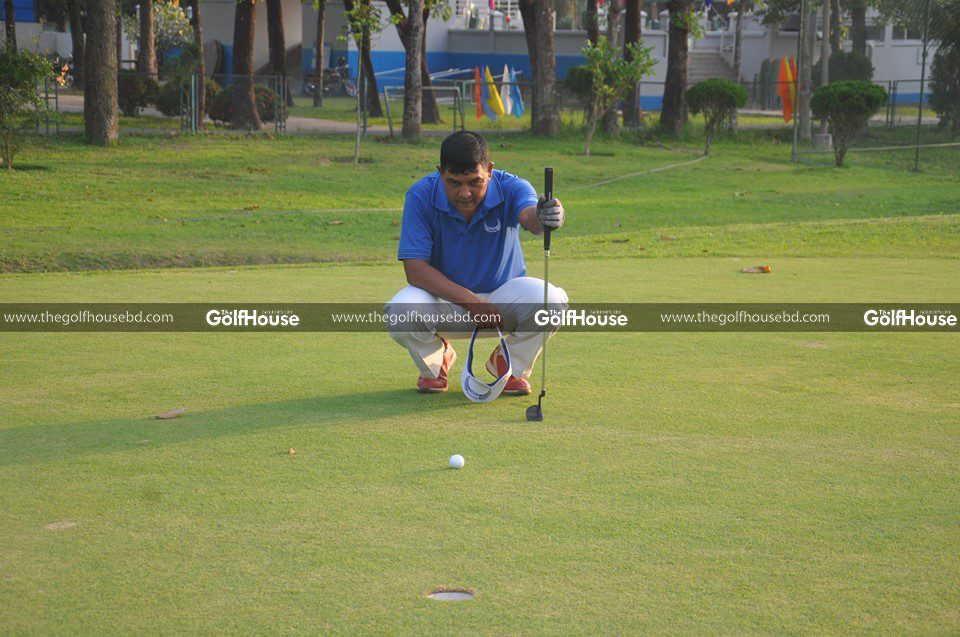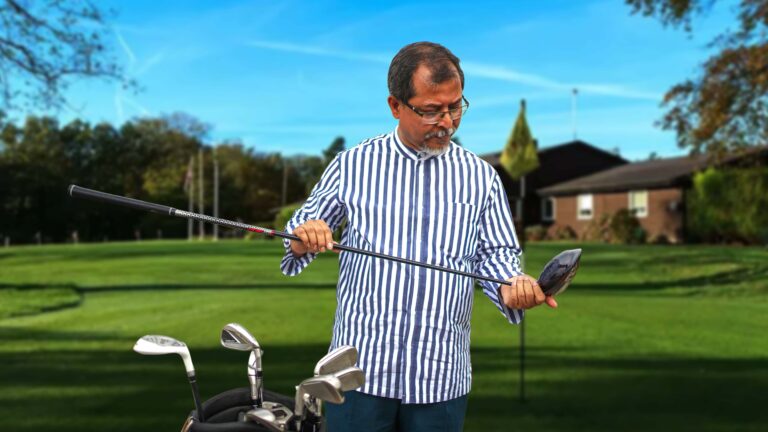For most casual viewers, golf will appear much less physical than other popular sports. But if you’re a golf fan, then you know that a game of golf is harder than it seems. To be fair, playing golf doesn’t exert as much energy as playing basketball or football. However, it requires maintaining a high amount of concentration for an extended period of time. The great amateur Bobby Jones once famously said: “Golf is played mainly on a five-and-a-half-inch course… the space between your ears.” Golf is undoubtedly one of the most mentally challenging sports.Almost all of the top players now employ a sports psychologist to help them find the right frame of mind before a game, and to give them methods to stay in that. Most of us can’t afford such a luxury as a dedicated golfing mind-doctor, but there are some key psychological factors that can help the average amateur to stay mentally tough on the golf course. Below are a few of the tips that might be useful before and during a round:

Stay in the present
Many golfers are already halfway round the course when they step on the first tee deciding in which hole he is going to make a par or birdie. If your mind is ahead of you, how are you going to focus on the immediate task — the shot you are facing at that moment? You can’t control what will happen in 30 minutes’ time, or what happened 30 seconds ago. All you can do is concentrate on the next shot, chip or putt and make the best possible job of it. If your mind is always totally focused on the present, your scores will certainly improve.
Every shot is a new challenge
Each time you reach the ball, your objective is to get it onto the green from that position in as few shots as possible. Don’t think about what has gone before, just focus on how to get the ball on the green in the most efficient way from where it lies. If you play a bad shot that ends in a difficult spot, try to think of it as a new challenge. Remember, your objective is to get down in as few shots as possible from the current situation, whatever it is. Success percentage of taking chance in golf is reasonably low.
The past is past
Most amateur golfers dwell on poor shots. What’s the point? Once it’s been hit, nothing can be done about it. The only thing you can affect is what happens next. A great way to let off steam and forget the errors is the, “10-yards rule.” It’s a psychological strategy employed by many legends. After a bad shot, you can vent your frustration (internally of course) until you’ve reached a point 10 yards from where you struck it. After crossing the imaginary line, that shot is history, it should be totally forgotten and your mind should move on to the next stroke.
Never surrender
Amateur golfers can be guilty of giving up on rounds too quickly. Remember, your fortunes on the course can turn with one good swing, or one decent break. If you get to a point when you realize there’s no chance of beating your best score, change your target — it might now be to beat your handicap. If things slide, then you might still be able to play to your handicap. In an amateur tournament you never know how others are playing. So hold up to the last putt.
Stay positive on the greens
If you’re having one of those days where the ball just doesn’t seem to want to drop into the hole, don’t complain about your ill fortune on the greens. Focus on the positives. If you pick a line and start the ball on that line, you have putted well; you just haven’t read the green quite right. Next time, you’ll get the line right and the putt will drop.
In conclusion, we’ve all found ourselves distracted on the golf course, one time or another. And golf just so happens to be a sport that demands a lot of concentration. Be focused on the game whatever might be the situation. Blaming caddies, fellow golfers, surrounding barriers or your luck will not turn the game in your favor.
Colonel Md Mamunoor Rashid Chowdhury,
Former Member Secretary,
Rangpur Golf and Country Club
*Reference : Fergus Bisset, Golf Monthly, UK












